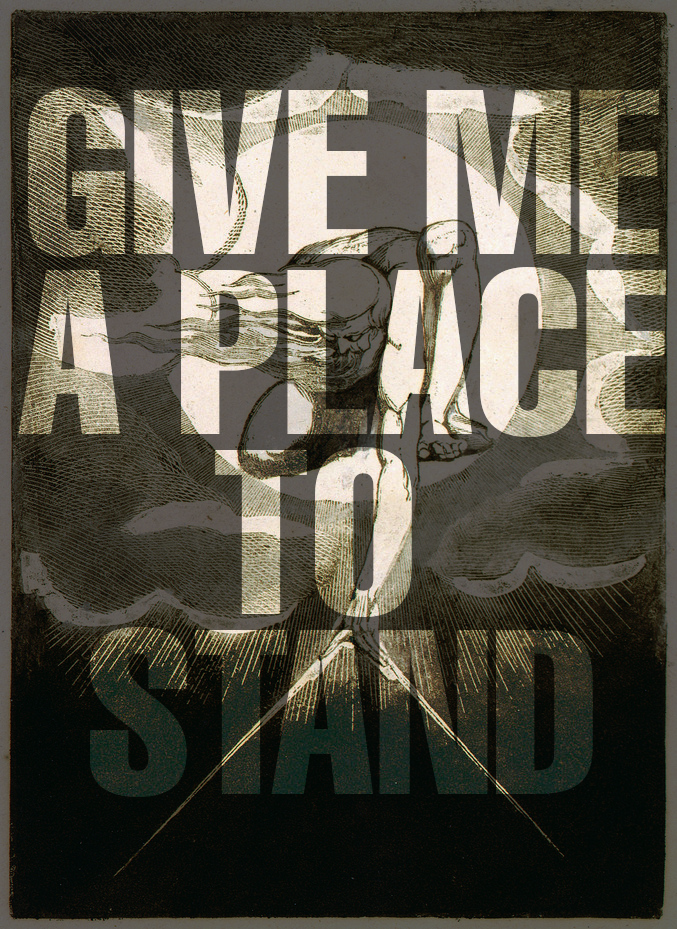If questioned, the satirist should be able to say “This is wrong because________” or “That is stupid because________”; and then generalize.
Gilbert Highet, “The Philosophy of Juvenal”
I found no place whereon I could stand.
Egyptian History of Creation (A), Wallis Budge (translator)
***
In the preface to Yervant Odian’s Comrade Panchoonie (translated by Jack Antreassian) which satirizes the misguided activity of Armenian Socialist revolutionaries, Michael Kermian suggests that some may find it ironic that satire exists in Armenian literature at all, implying, quite rightly, that there’s a noticeable lack of it. “Armenians,” he goes on to say, “are usually imagined as solemn, ceremonial , and often somber people—and not illogically since almost every page of their history is part of a continuing narrative of struggle for national survival” (3). Here again is the same excuse that we’ve encountered three times already: Armenians are gluttonous because of starvation due to war; we had no early written history because of constant wars; the image of Armenians in America was a blur because of exile and war. But as in the previous cases just mentioned, the cause of the dearth of satire in Armenian literature isn’t solemnity or a perpetual struggle for survival. Armenia has no real satirical tradition because it has no real ethics, and satire presupposes an ethical core.
Only in a set of right and wrong actions can anything be satirized. For this reason, satire may be considered a branch of ethics, although in a negative form. Satire sets out what not to say or do as opposed to prescribing what positively should be said and done. A positive ethics is like a leather feedbag tied around a horse’s face, whereas negative ethics, or satire, is like an electrical fence that keeps cattle from leaving a wider enclosure, which, while it doesn’t specify on which particular tuft of grass or herb the cattle should graze, at least makes it clear with every shock discharged “Not here!”
What obscures the fact that satire aims at the ethical end of attaining and promoting right action and virtue is that it concerns itself with error and vice. In the pursuit of health, doctors have to study disease as much as, if not more than wellness in order to prevent or cure the one and promote and preserve the other. The study of disease is to medicine as satire is to ethics.
While our satirists like Hagop Baronian gave us the flower of satire, they never thought to provide the root as well, that is, a clear, positive ethics. It’s true, satirists of other nations have an easier task in that they have a pre-established ethical foundation to which they appeal, as we find in the divine parabases of the great Aristophanes:
This city, it so often seems to me, treats our best and worthiest citizens the way it does our old silver coins, our new gold ones, as well. This money was never counterfeit—no, these coins appeared to be the finest coins of all, the only ones which bore the proper stamp. Everywhere among barbarians and Greeks they stood the test. But these we do not use. Instead we have our debased coins of bronze, poorly struck some days ago or yesterday. That’s how we treat our finest citizens, the nobly born, our righteous men, our best and brightest, the ones well trained in music and the dance at the palaestra. Instead we use foreign bronze for everything— useless men from useless fathers, red heads, men who’ve come here very recently—the sort the city at its most negligent would never have used in earlier days, not even as a scapegoat. But now, you silly fools, it’s time to change your ways. Use worthy people once again. You’ll see— if you’re successful, then you’ll merit praise. And if you fail, well, you’ll be a fine match for the tree you’re hanging from.
But since we are the “ambiguous race” par excellence, which values little else than feasting, it was necessary to at least do what Juvenal does in his later satires, especially the tenth, where he sets down what are not only positive judgments, but words to be meditated on daily like a prayer:
Pray for a sound mind in a sound body; for a stout heart that has no fear of death, and deems length of days the least of Nature’s gifts; that can endure any kind of toil; that knows neither wrath nor desire, and thinks the woes and hard labors of Hercules are better than the loves and the banquets and the down cushions of Sardanapalus. What I commend to you, you can give to yourself; for it is assuredly through virtue that lies the one and only road to a life of peace.
Juvenal was “not merely a negative critic. He was a teacher” (Highet, 255). Because of this, even in the Christian Middle Ages the great “pagan” Roman satirist was called Juvenalis Ethicus, that is, a teacher of ethics.
Baronian is our greatest satirist because he had a firm, ethical foundation, though it wasn’t clearly stated and remained hidden in the background of his works. As a result, his body of work is like a flower suspended in mid-air with no stem and no visible ground underneath it.
Looking at Armenian life, a particular verse from the Bible always comes to mind: “In those days there was no king in Israel: every man did that which was right in his own eyes” (Judges 21:25). Every Armenian does and has always done what’s right in his own eyes, without a law to guide his actions. The precondition for satire is an ethical standard from which actions are judged positively or negatively. Just as where there are no laws there can be no judges, with no ethical standard there can be no satire. And so a difficult double task is imposed on me, like the ancient Egyptian god Kephera, who before commencing the creation of the world, very reasonably first created a place to stand, and only then created all the forms of the universe, my first act must be to make this ethical ground on which to firmly plant my feet and only afterward shower satire on the heads of the mortals below. If this ground is neglected, it’ll all be for nothing, like the reforms of every one of our pseudo-intellectual of the 19th century who out of nowhere started speaking of “Enlightenment” because that’s what they had heard talked about in Paris and other foreign cities. They were like that other god of creation, Yahweh, who at the beginning of the Bible starts by speaking of “Light” with no preamble and no preparation. If I proceeded in this way, I’d have to drown my abortive creations just as he later did. Then, for the thousandth time, we’d be forced to descend from one of the peaks of Ararat to find nothing remains from before, having to start all over again from nothing.
References
Aristophanes, The Frogs. Translated by Ian Johnston. Richer Resources Publications, 2008.
Budge, Wallis (Editor, Translator). Legends of the Gods: The Egyptian Texts. Kegan Paul, Trench and Trübner & Co. Ltd., 1912.
Highet, Gilbert. “The Philosophy of Juvenal.” Transactions and Proceedings of the American Philological Association, Vol. 80, 1949, pp. 254-270.
Juvenal, Satires. Translated by G.G. Ramsay. G.P. Putnam’s Sons, 1918.
Yervant Odian, Comrade Panchoonie. Translated by Jack Antreassian. St. Vartan Press, 1977.




